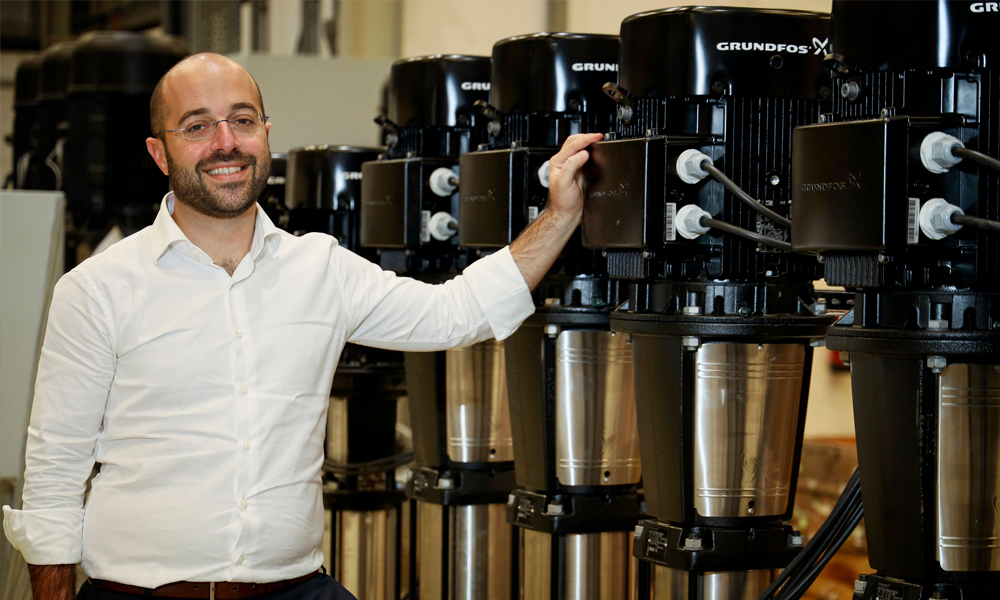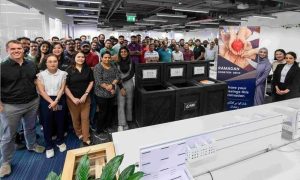‘Optimising pumping can reduce your carbon footprint,’ Grundfos area MD tells MECN
Kostas Poulopoulos talks about the wider implications of conducting energy checks and how it can benefit compan audits

Talking to MECN on the sidelines of the MoU signed between Ras Al Khaimah (RAK) municipality and Grundfos, for the latter to conduct a seven-week energy check across 50 buildings and operational facilities in RAK, Kostas Poulopoulos, Grundfos area managing director, Gulf, Levant and Pakistan said that regular energy audits will tremendously help with the environmental profiles of the facilities that are being audited.
From a broader perspective, he said, it is about water and energy savings, and efficient water management.
As part of UAE’s 2030 agenda, which highlights sustainable economic growth and access to clean energy among other goals, he explained how optimising pumps can reduce the carbon footprint of the applications utilising it.
“Carbon dioxide is one of the main contributors of the climate change that we are experiencing, and by analysing the real-time performance of the pumps, through audits and checks, we are confident that we can optimise pumps more accurately and thereby its water usage.”
Moreover, Poulopoulos said that its extremely energy-consuming to produce water, especially in the UAE where clean water is not readily available.
“Every single cu. metre of water we are using is desalinated, which is an extremely energy-intensive exercise, so with pump optimisation, we can sufficiently reduce the carbon dioxide that is emitted from power plants that this contributes to.”
Poulopoulos also highlighted the importance of private companies and their role in energy efficiency through specialised knowledge and experience.
“From our experience so far, it has shown that we can achieve between 20% to 70% energy savings on an application depending on the existing asset and depending on the solution that will be implemented,” he concluded.
























